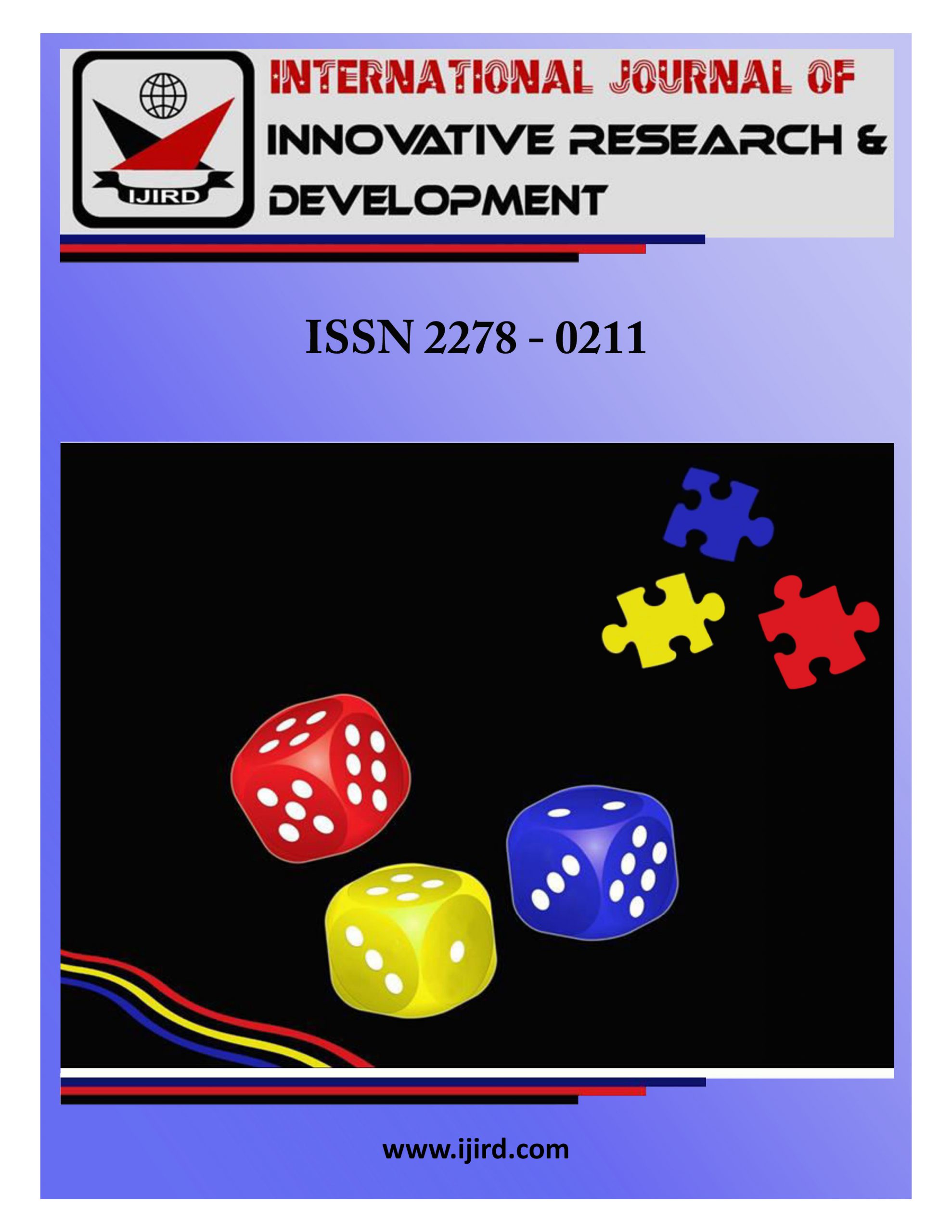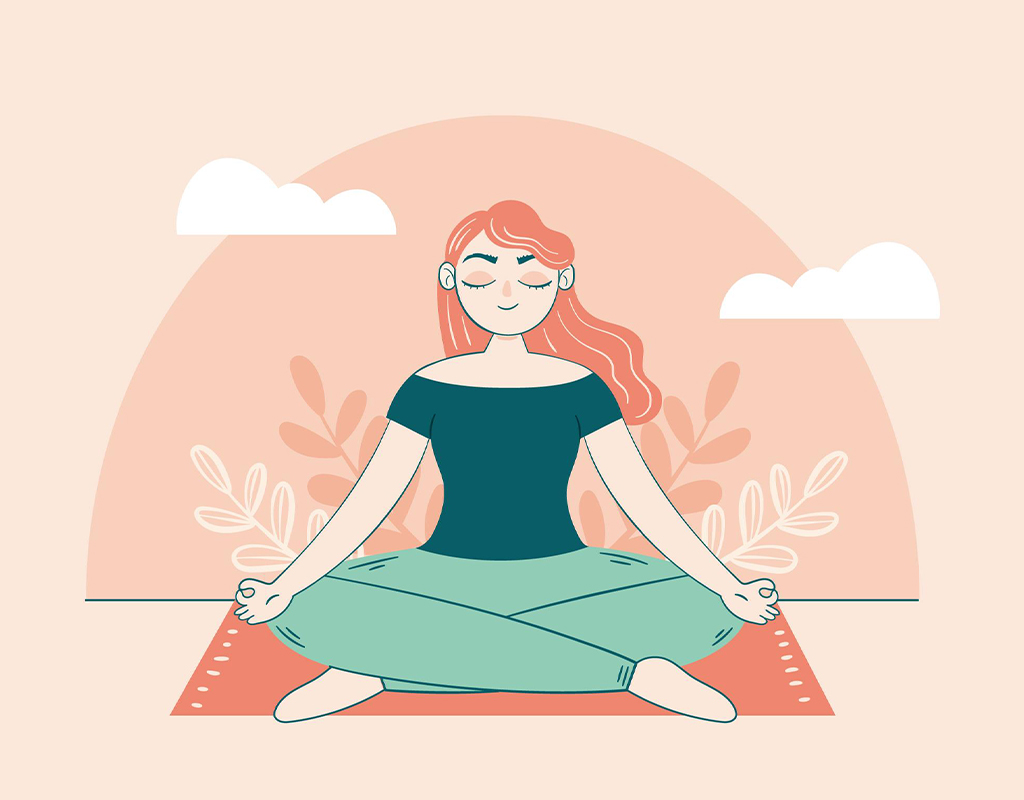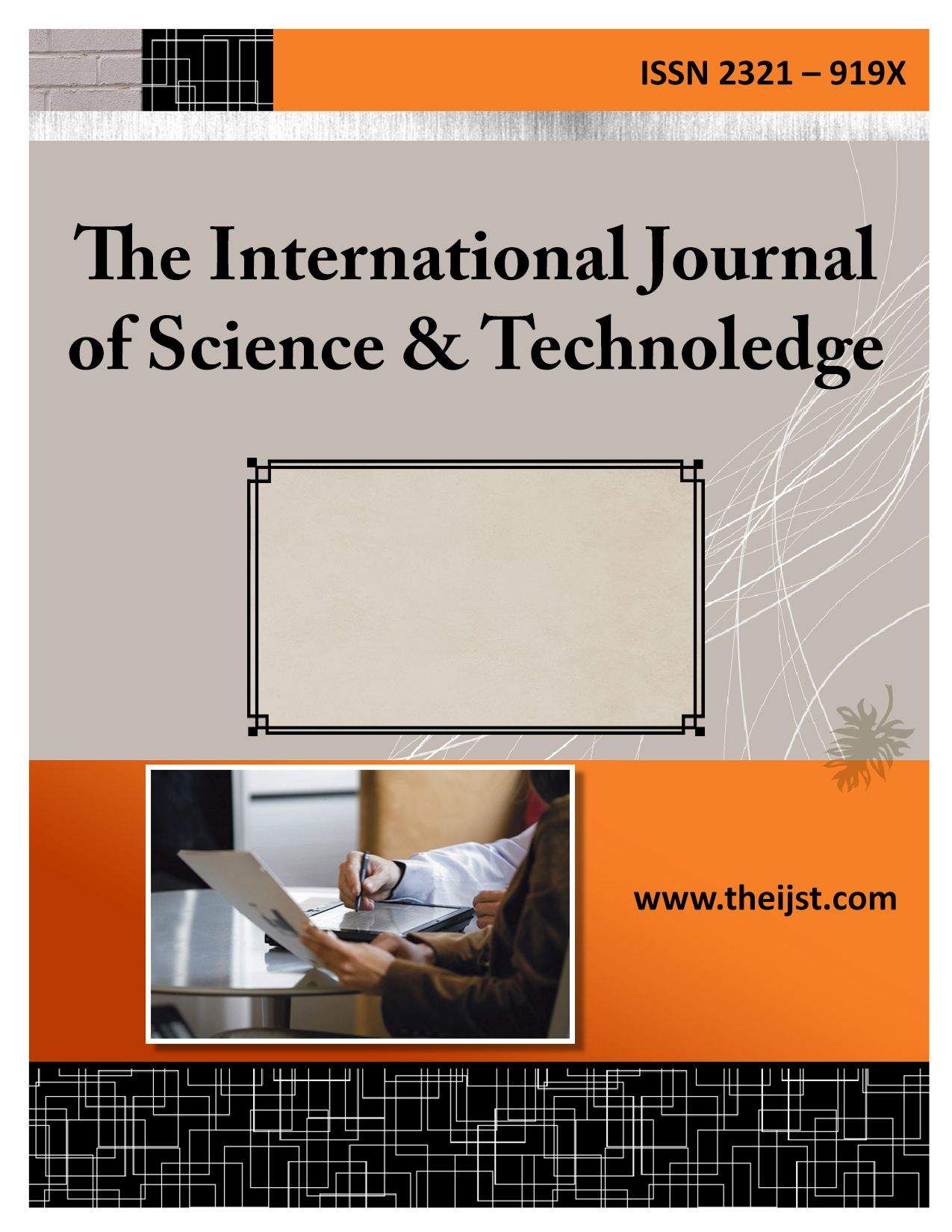In a hyperconnected world, the thought of going offline might seem like a digital death sentence. But unplugging, even just for a few days, can reveal a version of life that’s more intentional, more grounded, and far more interesting than your Instagram feed. Whether it’s a planned retreat or a spontaneous escape, here’s what actually happens when you go offline, and why it might be the reset your brain didn’t know it needed.
1. Your Brain Slows Down (In a Good Way): Without constant notifications and algorithm-curated content, your brain finally gets a chance to breathe. You may feel boredom at first—a strange emptiness where scrolling used to live—but that quickly turns into clarity. Studies published in an international journal of behavioural psychology show that even short periods of disconnection can lead to increased focus, better memory, and improved emotional regulation. You may start to notice small details again, like the way the sunlight shifts through your window, or the sound of your own thoughts.
2. You Relearn How to Be Present: Going offline means no more documenting your lunch, checking your likes, or Googling every fleeting thought. You start to experience life firsthand, rather than through a screen. You listen more deeply during conversations. You take walks without needing to track them. This presence—raw and uninterrupted—feels foreign at first, but eventually becomes liberating.
3. You Detox from Comparison Culture: Social media has a sneaky way of making us feel like we’re always falling behind. When you’re offline, that pressure disappears. You stop comparing your everyday life to someone else’s highlight reel. Instead, you start valuing your own experience, whether it’s slow, messy, or beautifully ordinary.
4. You Sleep Better: Screens are notorious for messing with your circadian rhythm. Once you cut back on nighttime scrolling or late-night binge-watching, you may find that sleep comes more easily. You wake up feeling rested, not wired. The clarity you gain from even one week of better sleep can be dramatic—and it starts to show in your mood, energy, and even your creativity.
5. You Reconnect with Yourself and Others: The most powerful part of a digital detox isn’t the absence of your phone—it’s the presence of everything else. Relationships deepen when you’re not half-listening with one eye on a screen. Solitude becomes less scary and more meaningful. You may even rediscover long-forgotten hobbies, such as journaling, reading, or simply doing nothing.
You don’t have to become a digital minimalist or move off-grid to benefit from going offline. Even short breaks—a weekend, an afternoon—can shift your perspective in surprising ways. As noted in a recent international journal article on technology and mental health, intentional disconnection helps recalibrate our relationship with digital tools, turning them from masters back into what they were meant to be: helpful servants.
So the next time your phone dies, consider it a sign. The real world is still here, waiting for you to come back.










